Words of wisdom and miscellaneous facts by Dr. Wysong and others.
This is an accumulation over several decades and the accuracy cannot be attested to.
Wysong vs Nemos Bible Debate
COSMOLOGY LIES AS BIG AS THE UNIVERSE
⬇️ Click to scroll down to article
"We'll know our disinformation program is complete when everything the American public believes is false."
—William Casey CIA director 1981
The bigger the lie the greater its acceptance because people cannot believe authority figures would ignore reality.
To find truth we must hate the lie more than love accepted beliefs.
Fraud vitiates everything it touches. (common law maxim) Nudd v. Burrows (1875) 91 U.S. 416.
Fraud destroys the validity of everything into which it enters. Boyce's Executors v. Grundy (1830) 28 U.S. 210.
Fraud vitiates the most solemn contracts, documents and even judgments. United States v. Throckmorton (1878) 98 JU.S. 61.70.
FORWARD
The accepted cosmogony/cosmology (origin and nature of the universe) belief is:
—William Casey CIA director 1981
The bigger the lie the greater its acceptance because people cannot believe authority figures would ignore reality.
To find truth we must hate the lie more than love accepted beliefs.
Fraud vitiates everything it touches. (common law maxim) Nudd v. Burrows (1875) 91 U.S. 416.
Fraud destroys the validity of everything into which it enters. Boyce's Executors v. Grundy (1830) 28 U.S. 210.
Fraud vitiates the most solemn contracts, documents and even judgments. United States v. Throckmorton (1878) 98 JU.S. 61.70.
FORWARD
The accepted cosmogony/cosmology (origin and nature of the universe) belief is:
A Big Bang of nothing created an infinite meaningless universe containing atomic dust that gravitationally accreted into heavenly bodies including our Earthball moving in several different directions at 2.8 million mph and holding an atmosphere next to the vacuum of space while spontaneously forming life from primeval sludge that then evolved into complicated rocks called humans with no free will.
Long ago it became clear to me that the materialistic evolutionary part of that credo was false.
But I was on board with the cosmology part. After all, we see rocket ships going to and fro, there is a "Space Force," pictures of Earth and planets abound, astronauts float around and in the International Space Station, thousands of people and billions of dollars support it, and, of course, "all" the experts believe.
To question this is to be a conspiracy theorist, misinformationist, or even a lunatic. Oh my, we must, after all, follow the crowd.
The idea that we are being lied to about space didn't even enter my mind until a few months ago when what was left of my naive and trusting innocence had been totally demolished with the COVID-19 fraud.
We, the crowd, extend our trust to institutions charged with looking after our interests. But government, Big Medicine, education, media, industry, Big Tech, science, and NASA chase money, their own security, and even power over us.
That should not inspire confidence in beliefs they create, promote, protect with censorship, and even demand acceptance of.
If we want truth, we have to find it ourselves. To do that requires the opposite of trusting in others. It means sleuthing what the powers that be try to hide from us in internet archives, banned videos, censored "disinformation," and what "fact checkers" say isn't so.
Probing into the subject I was stunned to learn that:
That means unproven beliefs, stories, and even fakery are being passed off as science and truth.
This subject may seem inconsequential to everyday life. But that's only true if we aren't being lied to about it. If the truth is being hidden from us, we can be sure of one thing, it's not being done for our benefit.
Truth seekers learn that the scale and ostentatiousness of lies being fed to us means nothing can be tacitly trusted.
Everything of importance from government, media, industry, medicine, education, economics, science, history, religion, and popular society must be assumed to be false unless we prove otherwise by doing our homework and thinking critically.
This series will provide wake-up information to help you discover lies as big as the universe.
But I was on board with the cosmology part. After all, we see rocket ships going to and fro, there is a "Space Force," pictures of Earth and planets abound, astronauts float around and in the International Space Station, thousands of people and billions of dollars support it, and, of course, "all" the experts believe.
To question this is to be a conspiracy theorist, misinformationist, or even a lunatic. Oh my, we must, after all, follow the crowd.
The idea that we are being lied to about space didn't even enter my mind until a few months ago when what was left of my naive and trusting innocence had been totally demolished with the COVID-19 fraud.
We, the crowd, extend our trust to institutions charged with looking after our interests. But government, Big Medicine, education, media, industry, Big Tech, science, and NASA chase money, their own security, and even power over us.
That should not inspire confidence in beliefs they create, promote, protect with censorship, and even demand acceptance of.
If we want truth, we have to find it ourselves. To do that requires the opposite of trusting in others. It means sleuthing what the powers that be try to hide from us in internet archives, banned videos, censored "disinformation," and what "fact checkers" say isn't so.
Probing into the subject I was stunned to learn that:
| Nobody, including any scientist, can prove any aspect of the approved cosmogony/cosmology belief using experimentation and the scientific method. |
That means unproven beliefs, stories, and even fakery are being passed off as science and truth.
This subject may seem inconsequential to everyday life. But that's only true if we aren't being lied to about it. If the truth is being hidden from us, we can be sure of one thing, it's not being done for our benefit.
Truth seekers learn that the scale and ostentatiousness of lies being fed to us means nothing can be tacitly trusted.
Everything of importance from government, media, industry, medicine, education, economics, science, history, religion, and popular society must be assumed to be false unless we prove otherwise by doing our homework and thinking critically.
This series will provide wake-up information to help you discover lies as big as the universe.
"We'll know our disinformation program is complete when everything the American public believes is false."—William Casey CIA director 1981
"We know they are lying, they know they are lying, they know we know they are lying, we know they know we know they are lying, but they are still lying."—Aleksandr Solzhenitsyn
"We know they are lying, they know they are lying, they know we know they are lying, we know they know we know they are lying, but they are still lying."—Aleksandr Solzhenitsyn
|
2/1/2019
Click to enlarge, Ctrl + to enlarge further; Ctrl 0 to return to 100%
If our reality is the mere product of matter and energy interacting over vast stretches of time, the qualities we and the universe possess should be fully attributable to those agents.
And the materialist has confidence that this is so. After all, if there's a question about why a bulldozer works, just start disassembling it into its gears, nuts, and bolts until the answer emerges. Such experience with human-made devices is then extrapolated to apply to everything in nature. For example, to understand how the body works, it's dissected to its smallest components. This reductionist approach is central in today's sciences of anatomy, physiology, histology, cytology, and biochemistry. Practical successes with examining parts and pieces have brought us great technological advances and created confidence that all answers will lie within the components of matter. However, break things down far enough and a problem emerges. For example, there is nothing about the iron atoms in the bulldozer that would explain how the bulldozer works, why it's broken, or what made it. Similarly, the atoms in color pigments don't explain the design and beauty that emerges from a painting or flower. There's nothing about hydrogen and oxygen that would predict the properties of water when they combine as H2O. Nor is there anything within the nature of atoms that would suggest, or even hint at a fully functioning human. In fact, the proton in a neuron in your brain is identical to a proton in the door handle on your car. At the atomic level, atoms simply obey natural laws that make their behavior perfectly predictable. (I am not ignoring quantum uncertainty, which I address elsewhere.) Obedient atoms are what allow chemists to mix a batch of certain atoms and molecules together to produce plastic food wrap and count on not getting Coca-Cola coming out of the extruder. Atoms, or parts of atoms, don't have little engineering drawings in their hip pockets describing how to build a bulldozer, flower, painting, human, frog, or aardvark. Nor do atoms have the free will to choose to assemble in such complex functional ways. They are bound by law, they aren't volitionally free and creative. There's clearly a missing factor between elemental pieces of matter and the higher-level complicated and functionally ordered qualities that we see in our reality. The intelligent painter's choices, not atoms, are the cause of the beauty in a painting. The intelligent engineer's choices, not atoms, are responsible for the functional complexity and feats of a bulldozer.
But materialists attempt to rebut this with determinism, a philosophy that denies will and argues that materialistic forces cause all things.
Consider their reasoning on a coin toss. They say, and it is true, that subtleties in the way the coin is held, the laws governing the forces from your thumb, air currents, barometric pressure, humidity, and symmetry of the coin all determine exactly what will turn up with each flip. If the forces acting upon the coin could be calculated, heads or tails could be predicted every time. Materialists take this reasoning a gigantic step further and claim the same determinism applies to all things, including us and the choices we make. The contention is that every particle in your body, every action you take, and your existence could be explained if one were long-winded and smart enough to detail the history of every atom and how the laws of the universe affected them. To determinists, we are nothing more than biological robots. By this reasoning, the entire history and future of the universe are locked in, determined, with no surprises. All of our actions would be just an effect of underlying chemical reactions that are the inevitable end result of a long chain of other chemical collisions, all interlinked and cascading from one to the other since the Big Bang. If one atom anywhere since the beginning of time would have been in a different spot, that would have impacted all other atoms through time and I would not now be me writing these words and you would not be you reading them. At first glance, determinism seems a reasonable sort of thing since the motions of the planets, the speed of an apple falling from a tree, and the strength of the steel necessary to hold up a bridge are all determined and predicted by matter and natural laws.
Determinists then extrapolate from this that we are no different than the planets, apples, and bridges. All thought, which they claim is the result of the particular atoms a person has in their brain, would be the mere consequence of atoms interacting with each other since the Big Bang. Therefore, there would be no free will that could violate this progression of inexorable forces. Assuming all thought comes from matter in the brain, atoms would not be choosing, any more than blacktop atoms on roadways have a choice of whether to get excited and generate heat when exposed to the sun, or a ball set atop a plank elevated at one end decides whether to roll downhill or not.
However, determinism is demolished by the existence of free will. Unlike atoms, molecules, and other material things that blindly obey natural laws, we can choose among endless options. Will (choice) is the antithesis of blind obligatory obedience to law. Granted, many of our day-to-day acts, particularly in our modern world of consumerism and obedience, may seem reactive, deterministic, even robotic. We eat, sleep, don or shed clothes depending on the weather, and move to sexual urges. But, clearly, at any point in this flow of life, we can make alternate choices. On the other hand, nonliving things are only deterministic. They obey natural law only. A rock does what the laws governing its atoms dictate. A machine does what its parts permit. Even a computer can make no choices beyond its program code and the laws governing its electronics and other physical parts. Further complicating matters for determinists are the collectives of people in nation-states, religions, and society that settle on the same ideologies, and ontologies. From a materialistic stance, it's not possible to explain how the atoms in various brains, all having unique histories since the Big Bang, settle upon the same beliefs. It's a self-evident fact assumed by virtually all of humanity that we have free will. It's embedded in language with hundreds of words and phrases, such as choosing, choice, deciding, decision, ambivalence, quandary, uncertainty, freedom, latitude, leeway, liberty, prerogative, dilemma, adjudge, guess, waver, unsettle, prefer, discriminate between, and so on. If determinism is true, languages worldwide would have to be purged of all such words indicating choice. Replacing all the deletions would be one word, determined, and its derivatives. Moreover, all the millions of non-fiction writings in stores and libraries with references to choices and deciding would have to be moved over to the fiction aisles. This practical implication highlights the absurdity of denying free will. But determinism requires holding to its denial because free will would nullify the materialistic faith that atoms and energy are an ultimate explanation of reality. It would also mean the free choice to believe in materialistic determinism would prove that materialistic determinism cannot be true.
Compounding the logical and practical sinkhole that results from denying free will is an ethical dilemma. Ethics cannot be derived from atoms no matter how they interact. This, combined with evolutionary survival of the fittest, not only sets the stage for amorality but brutal competitiveness as well.
In a world absent free will, no dastardly deed could be prosecuted. People under the force of dog-eat-dog evolution and the brain's forced obedience to the laws of chemistry and physics would be blameless. Courtrooms and prisons would be empty since nobody could logically be held accountable for their actions. Every manner of behavior could be deterministically justified. This is actually creeping into our judicial system which is peopled with lawyers and lawyer-judges schooled in materialism, evolution, and determinism.
Such dire consequences signal wrong premises, just like the horrors visited upon mankind by the church-state through millennia are due to wrong premises. Wrong ideas create wrong results.
Materialists must explain away these socially destructive implications of determinism. Secular humanism serves that end. It's a doctrine of acceptable ethics not unlike the basic precepts of most religions and what can be derived from one's own conscience. However, ethics cannot reasonably be concluded from materialism, determinism, or evolution.
Free will can only be reasonably denied if, as a starting point, materialism is presumed true. But there is no proof that life can emerge from lifeless matter or transform itself into ever more complex forms. The denial of free will also has the bonus of supporting materialists' anti-religious stance since choice is integral to religious moral codes, redemption, salvation, and so on. But human-made religions have nothing to do with whether we have free will or not. The reality of free will stands and demands other, other than matter, other than natural law. The prospect that our essence is "other," something beyond the reach of microscopes and test tubes, is just not something the materialist-evolutionist-determinist mind can tolerate. Nor can the inevitable conclusion that something other than matter would have to account for our free will be tolerated. A sufficient cause for such an extraordinary departure from obedience to natural physical laws would have to be the extraordinary intelligence and free will of an extradimensional nonmaterial Creator. Keep in mind that no religious predisposition is required for this logic. Nor does concluding that an intelligence underlies our reality substantiate any human-made religion or holy book. We're simply permitting truth, to the degree we can know it, to speak to us. On the other hand, materialists can set about proving, by actual science, not just philosophical musings, that free will can be traced to atoms. But that has not only never been done, it can't be. The truth of fixed natural laws prevents it. If you agree, disagree, have questions, or have a correction please let me know. Comment below or email me at [email protected]
Leave a Reply. Choose Any Name
Comments
|
Solving the Big Questions
SECTIONSA: SEARCHING FOR TRUTHB: ORIGINS C: THE FINGERPRINT OF MIND D: RELIGION E: THE REAL REALITY F: OUR TRUE NATURE AND DESTINY CHAPTERSIntroduction1. Rules for Finding Truth 2. Truth Is Real and Accessible 3. Origin Choices 4. The Laws of Thermodynamics 5. The Law of Information 6. The Law of Impossibility 7. The Law of Biogenesis 8. The Laws of Chemistry 9. The Law of Time 10. Fossil Problems 11. Have Humans Evolved? 12. Are We Selected Mutants? 13. Favorite Evolution Proofs 14. Why Materialism Is Believed 15. Free Will Proves Creation 16. Design 17. Biological Machines 18. Nuts, Bolts, Gears, and Rotors Prove Intelligent Design 19. Humans Defy Evolution 20. The Anthropic Universe 21. Evolution’s Impact 22. Putting Religion on the Table 23. How Religion Begins and Develops 24. Religions Cross Pollinate 25. Gods Writing Books 26. Questionable Foundations of Christianity 27. How Best to Measure Holy Books 28. The Ultimate Holy Book Test 29. Religion Unleashed 30. End(s) of the World 31. Defending Holy Books 32. Faith 33. The Source of Goodness 34. Matter is an Illusion 35. Weird Things Disprove Materialism 36. Even Weirder Things 37. Creature Testimony 38. Personal Weirdness 39. Proving Weird Things 40. Skeptics and Debunkers 41. Free Will Proves We Are Other 42. Mind Outside Matter 43. Death is a Return 44. Life After Death 45. Why There is Suffering 46. What the Creator Is and Is Not 47. Thinking’s Destination $1 Million Reward Figures |

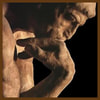
 YouTube
YouTube Podcast
Podcast
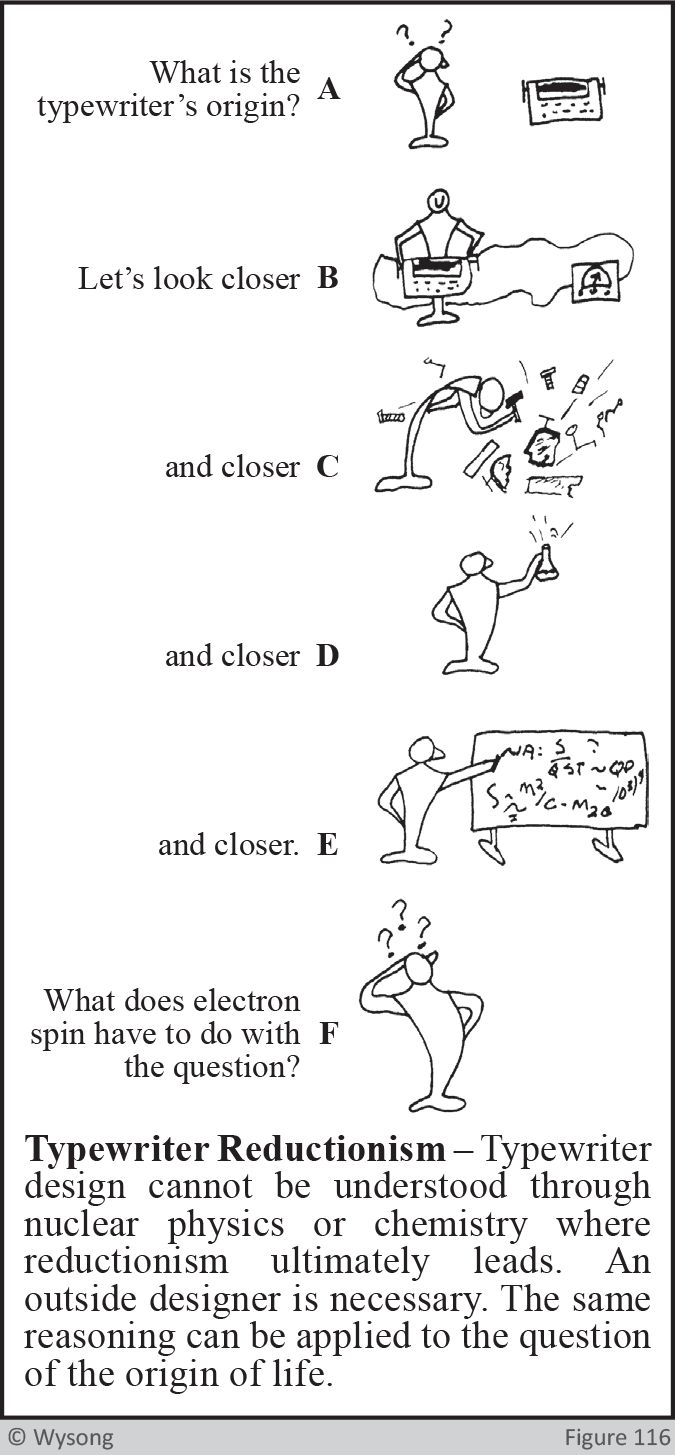
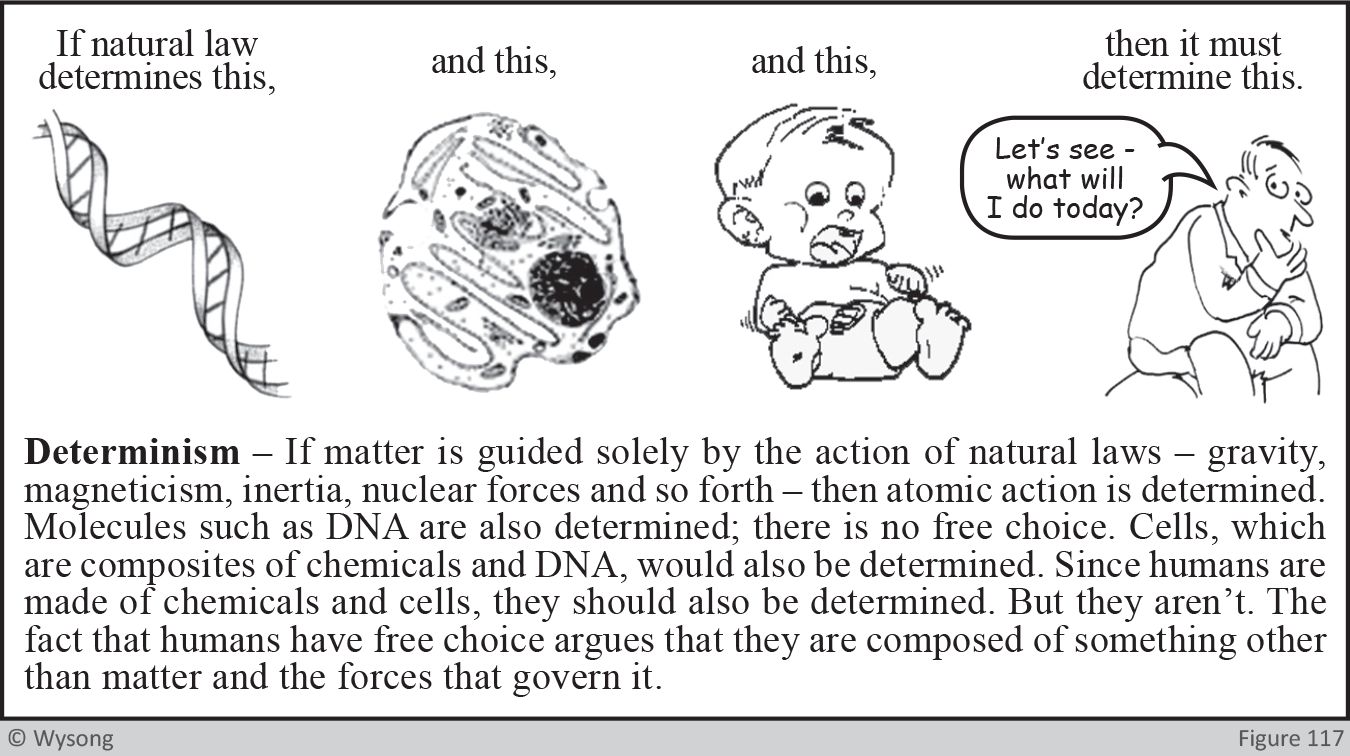
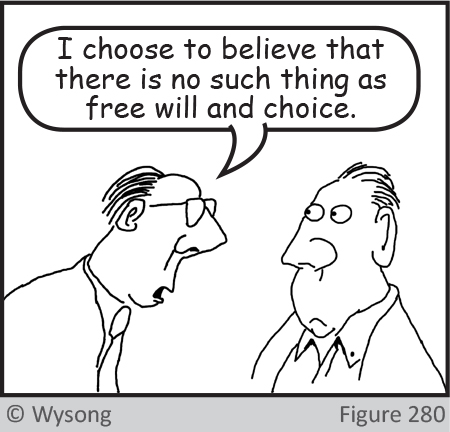
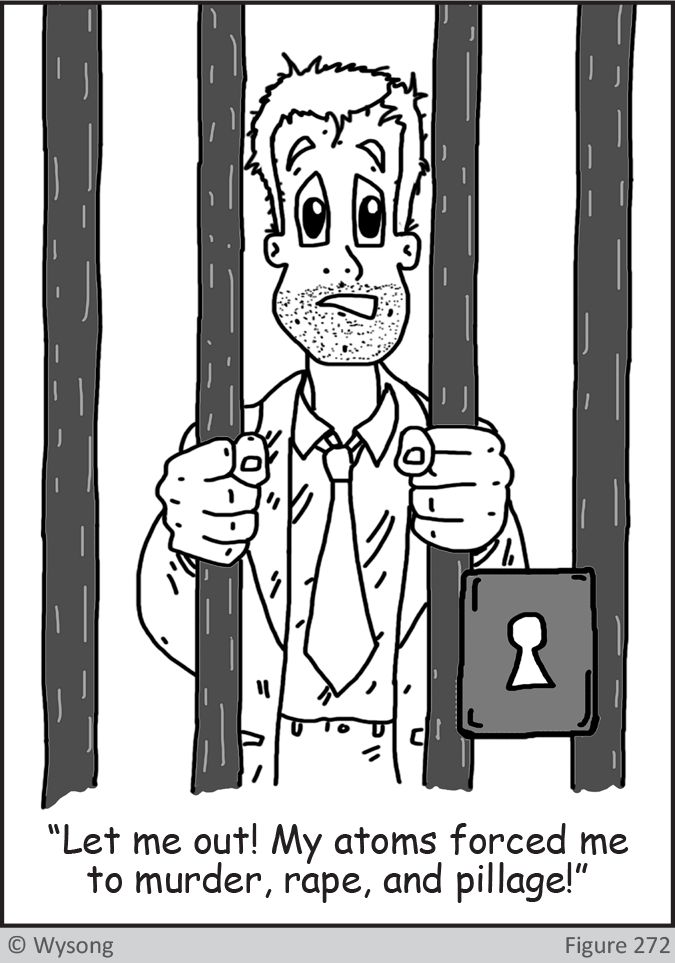
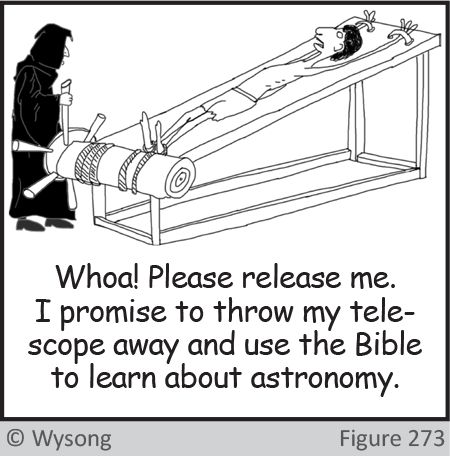
 Twitter
Twitter
0 Comments